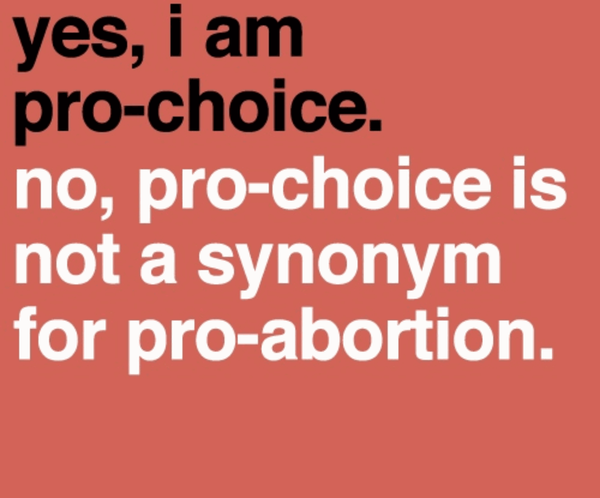The idea of Brexit was proposed from the victory of Conservatives in the House of Commons in 2015. Although this idea was the proponent political belief of the Conservative Party, Prime Minister David Cameron made the proposal that he is willing to support to stay in the European Union in order to maintain the majority within the House of Commons. According to "The Week," this action was taken as an insurance to conserve the majority in the House of Commons as Conservatives were losing members to the other parties such as Liberal-Democrat and Labor Party.
Although a majority of British people in the polls wanted to remain in the EU, the major shift of opinion arose from the Syrian Immigrant Crisis. The inability of European Union to mediate the flow of Syrian refugees within the border of European countries has disturbed the opinion on the validity and functionality of the European Union. The major proponent was the United Kingdom, which eventually led to hold a referendum on the issue of whether to leave or stay in the European Union. On June 23, 2016, the United Kingdom had decided to leave the European Union by a narrow margin of 52 percent to 48 percent, defeating the opinion to stay in the European Union.
Soon after the announcement of Brexit, the British pound had lost its value by 10 percent in comparison to the US dollar, according to Fortune Magazine. The world’s stock markets suffered significantly; for example, the Dow fell 600.00 points on June 24, 2016,due to the United Kingdom leaving the European Union, according to NBC. Political analysts and economists have criticized the action of Brexit as a negative factor to the British economy and even the world economy. Also, the proposal of David Cameron to resign the position of Prime Minister further diminished the confidence of the decision made by the British publics. According to The Week, no country has left EU before, so the result of Brexit cannot be predicted. But the major disadvantage that the United Kingdom will receive by leaving EU is that the United Kingdom will lose the free trade guaranteed by the EU, a giant economic block and that they must establish their own distinct trade nodes and pay tariffs in order to keep the trade constant. The loss of the trade node established by the European Union could lead to the loss of jobs, decrease in GDP, and staggering within the economic growth.
Although there are some disadvantages towards making the decision to leave the EU, every plausible and valid decision has advantages as well. According to The Week, the withdrawal from the EU can lead the United Kingdom to have solid control over affairs of immigration, reduce governmental spending by the absence of the EU membership fee, and it can increase sovereignty, potential for economic growth, and border security. The departure from the EU allows the United Kingdom to control its own affairs with fluency and efficiency. The major benefit, however, that the United Kingdom receives is simply that they are not the member of the European Union anymore.
The European Union is a large economic and political block that seeks to establish a single market, a single currency, and equivalent status within the countries. It seems that there is no particular difference between the European Union and the Soviet Union except on the idea of democratic institutions. If the Soviet Union was the nationalistic institution that governed the equality within the people, the European Union is simply the supranational institution that simply replaced soviets into states. The European Union simply does not have definite legislation and actions that encourage the accomplishment of the goals that they propose. According to the EU, their major goal is to establish a single market and to create economic union or simply equate to economic equality. Union does not achieve itself if there is no equal treatment within the members. The major criticism is that single market and economic equality are not coexisting concepts, but rather, they are inversely related. If a single market is imposed within the Europe, it is an obvious fact that countries with the most work force, least inflation, most GDP, and most consumers will be the leading block of that single market, which in turn gives less participation towards the countries that do not have equal standing to major countries like Germany, France, and formerly the United Kingdom. This absence of equality, in turn, results in the automatic unequal representation within the Union, thereby creating less sovereignty and less economic equality within the Union. This is a similar reason the Soviet Union has crumbled -- because their goals of economic equality were not reachable.
Another reason of imperfection within the European Union is the open border. Through the implication of the single market and open border, it creates indefinite consumerism within each of the countries of the European Union. It is an obvious measure that the major countries that have the most work force, least inflation, and most GDP will have cheaper products than the countries that do not have similar economic status. That, in turn, leads for the consumers to seek cheaper products, and they can simply obtain cheaper products by crossing the border into other countries. This leads to the growth of wealth and economic status within the dominant countries of the European economy and the lack of significant economic growth towards the minority countries. This problem creates further inequality of economy within the European Union and the division in the European Union as well.
These problems, in fact, prove that there is an instability within the single market structure of the European Union like the Soviet Union, but the implication of democratic ideals within the European Union could allow the flexibility of the change in legislation, unlike the Soviet Union. In fact, if the European Union continually imposes their preexisting goals and economic ideas without any reforms, it is plausible to conclude that the future of the European Union will not be different from the demise of the Soviet Union.
My proposal that Brexit was a good decision taken by the citizens of the United Kingdom is that it was a plausible action to take to prevent any possible effect of the dissolution of the European Union. If the European Union dissolves, it is an obvious conclusion that the reorganization of Europe's market economy is a necessary measure which would take significant time to reorganize several distinct economic structures within Europe, since the European Union has imposed a single market structure. Therefore, I believe that the United Kingdom's decision to leave the European Union is plausible since it allows the independent economic trade nodes and the independent economic system that allows sovereignty within the United Kingdom to prepare for possible dissolution of the EU.
People are freaked out about a possible world economic recession, and I did, too, as one of the participants in the stock market. But, I have realized that some sacrifices are necessary for the greater cause, and I believe that the current economic downturn experienced by the United Kingdom is just a small sacrifice that could lead to even greater development in the United Kingdom.





















